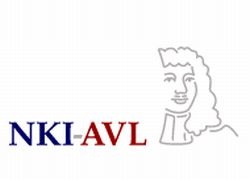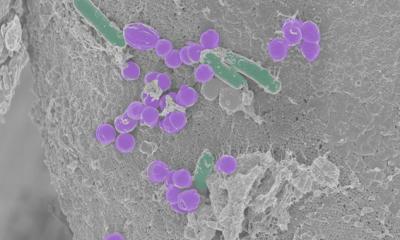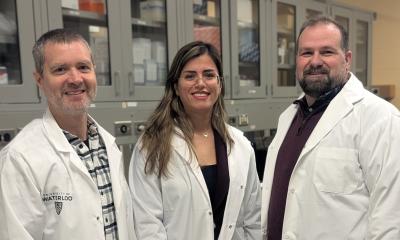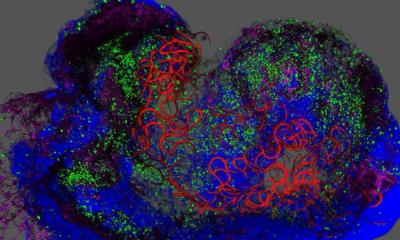ESMO Lifetime Achievement Award
The Dutch Cancer Institute (NKI) has won the ESMO Lifetime Achievement Award, presented by The European Society for Medical Oncology, for its `excellent translational research into breast cancer´.

The NKI has bridged the field of molecular biological research and the clinic. In particular it has developed genetic assays for breast cancer that, according to ESMO, lead to better understanding of the disease and probably to more precise and less aggressive treatment.
The ESMO award – which includes ?50,000 for research - was presented for the second time; last year it went to the Breast International Group (BIG), a platform for clinical research into breast cancer.
Apologies instead of condolences
The wife of a patient, who had been treated in the ICU of the Medisch Spectrum Twente Hospital after receiving serious burns during a barbecue accident, received a questionnaire asking her to tell the hospital management about her experience with condolences she had received. The hospital letter arrived just as her husband arrived home. Its opening sentence read: ‘Recently your husband died in the intensive care ward….’ The hospital offered its apologies … better than condolences!
31.08.2007





